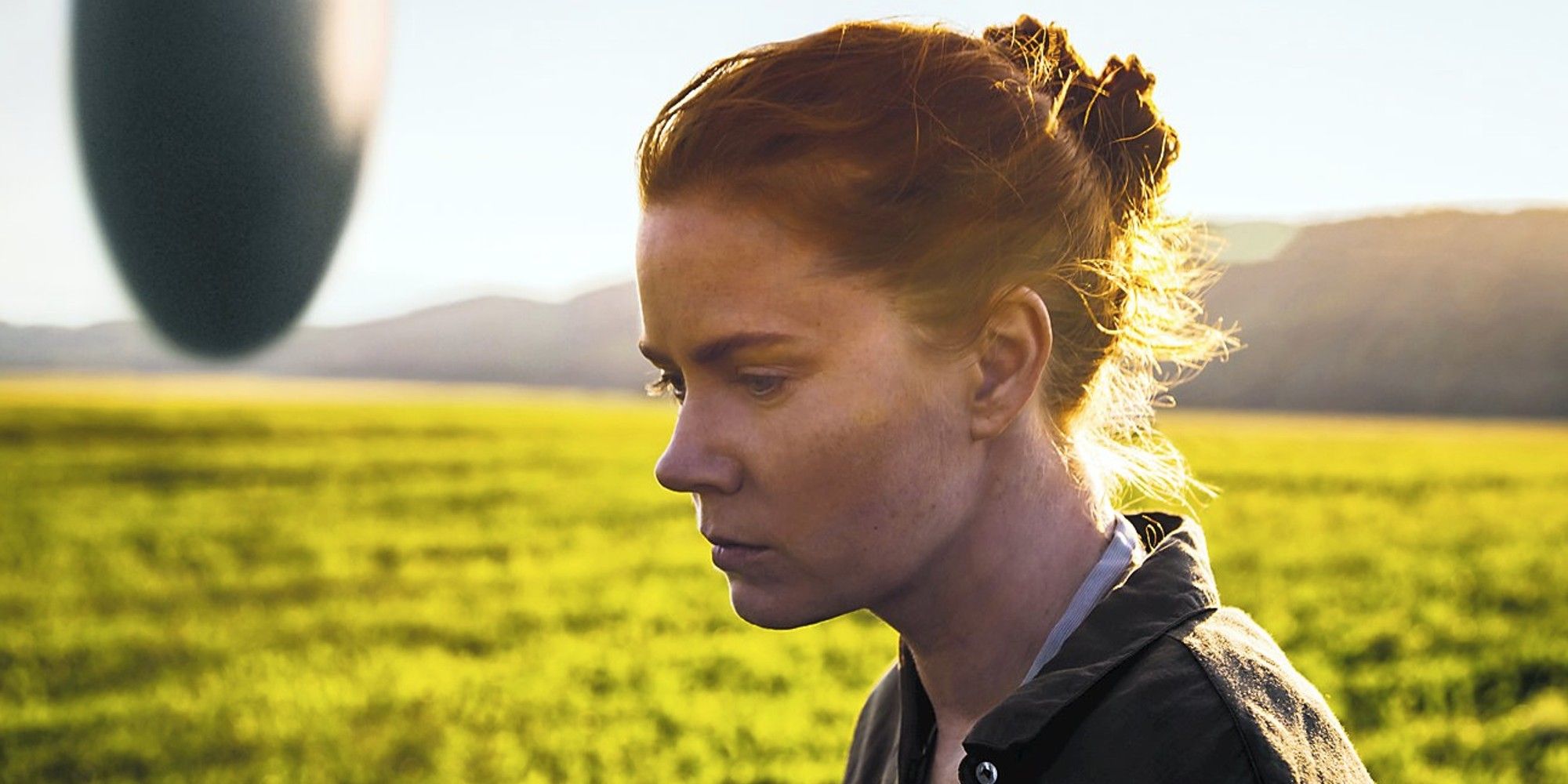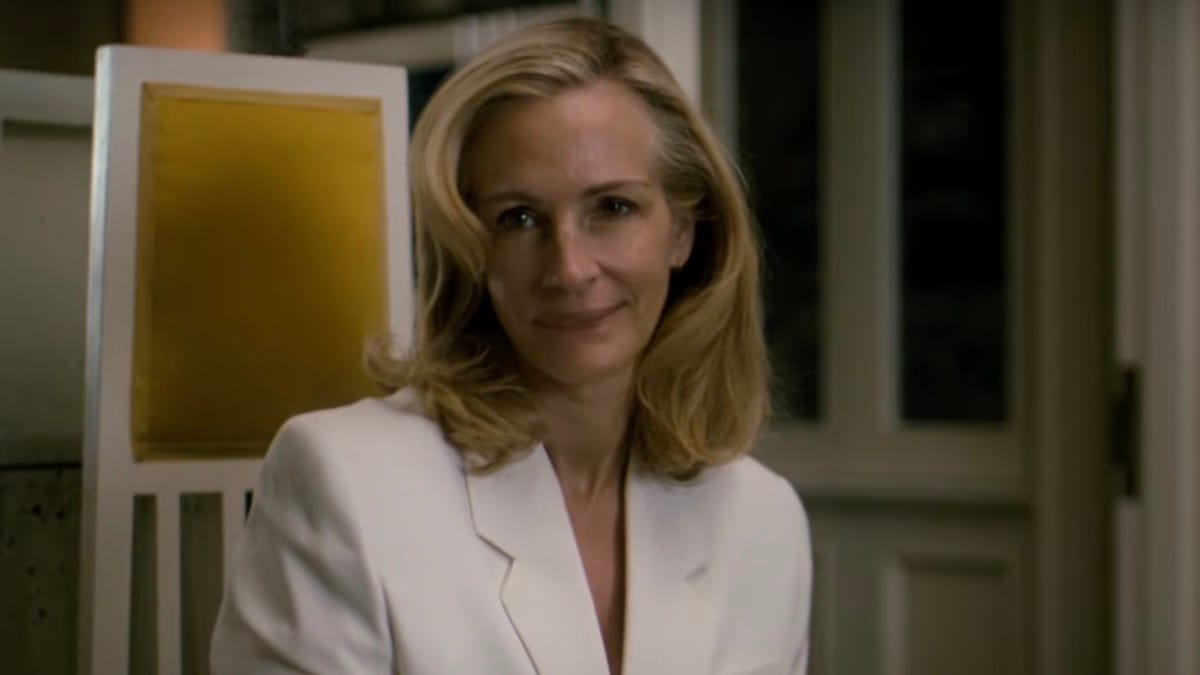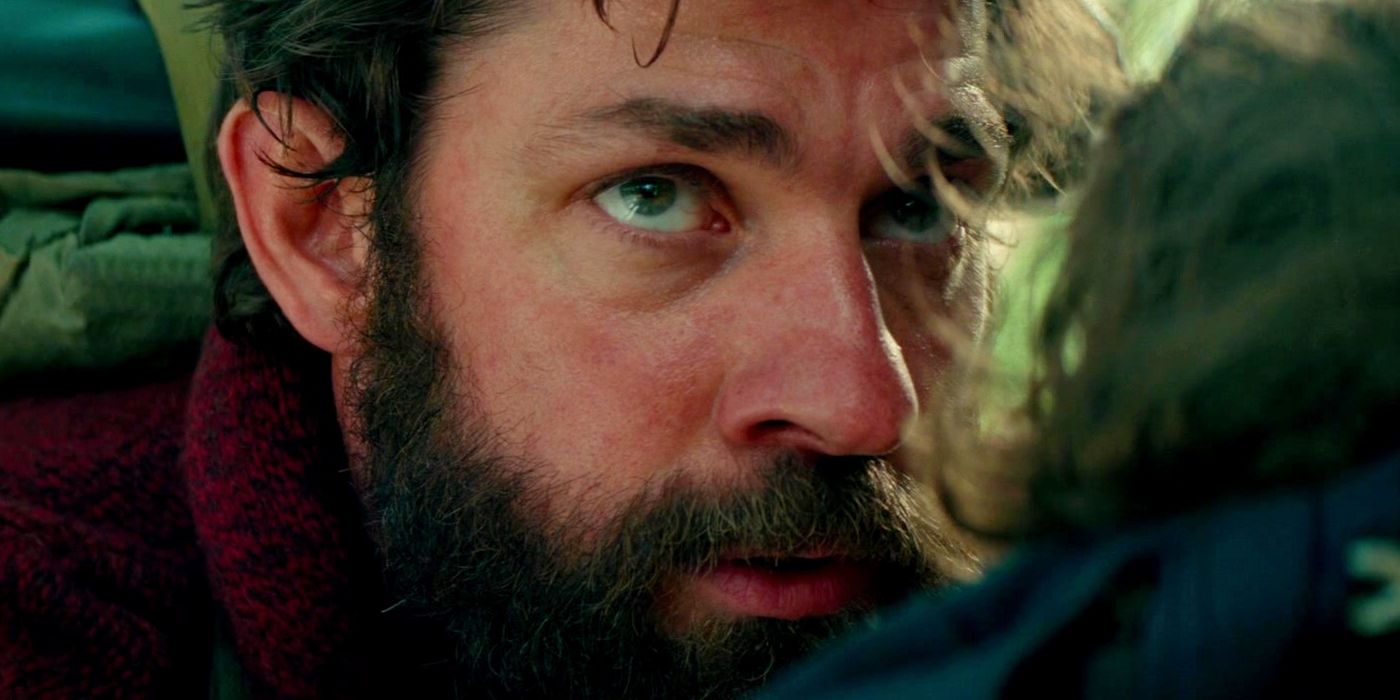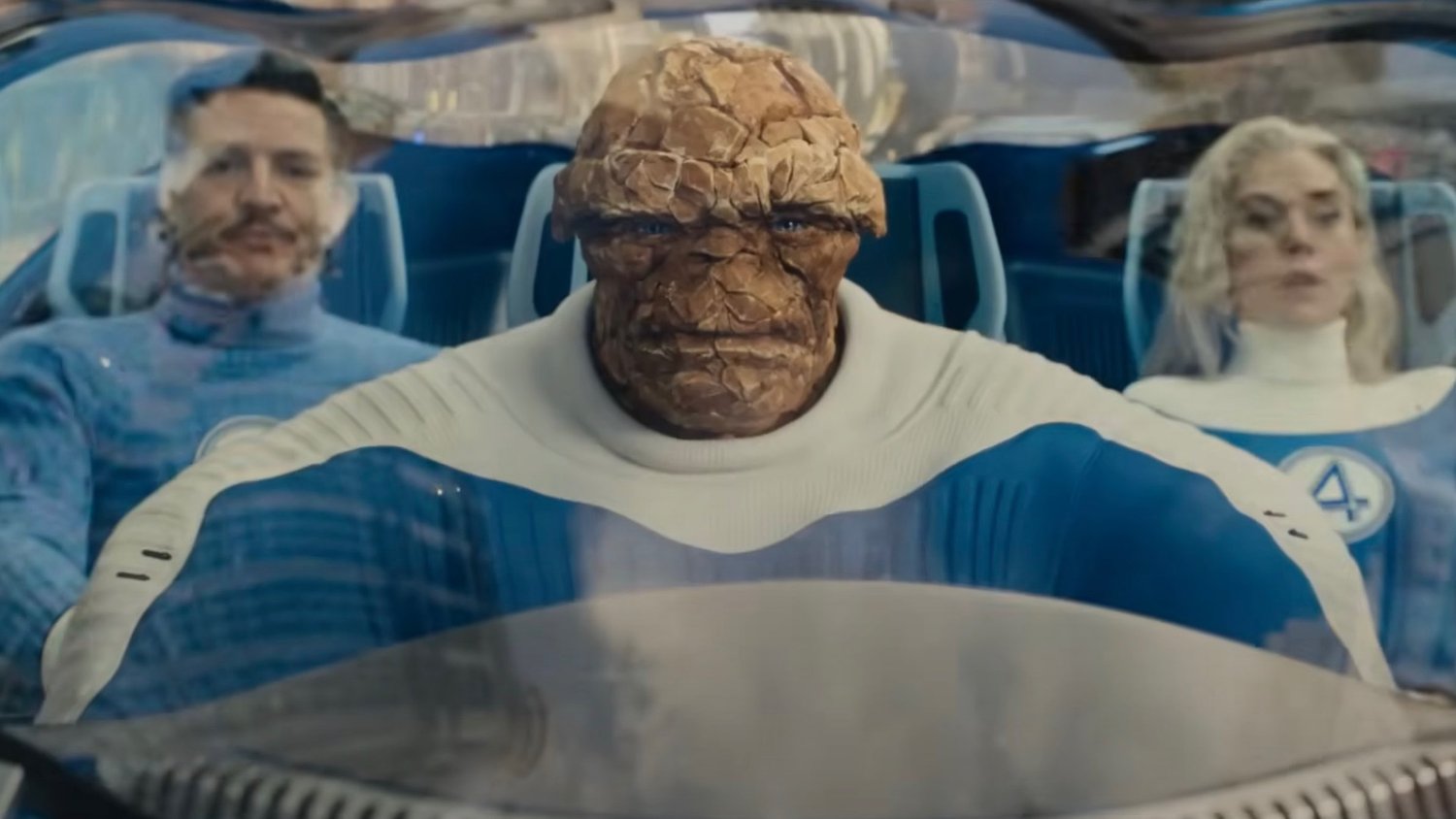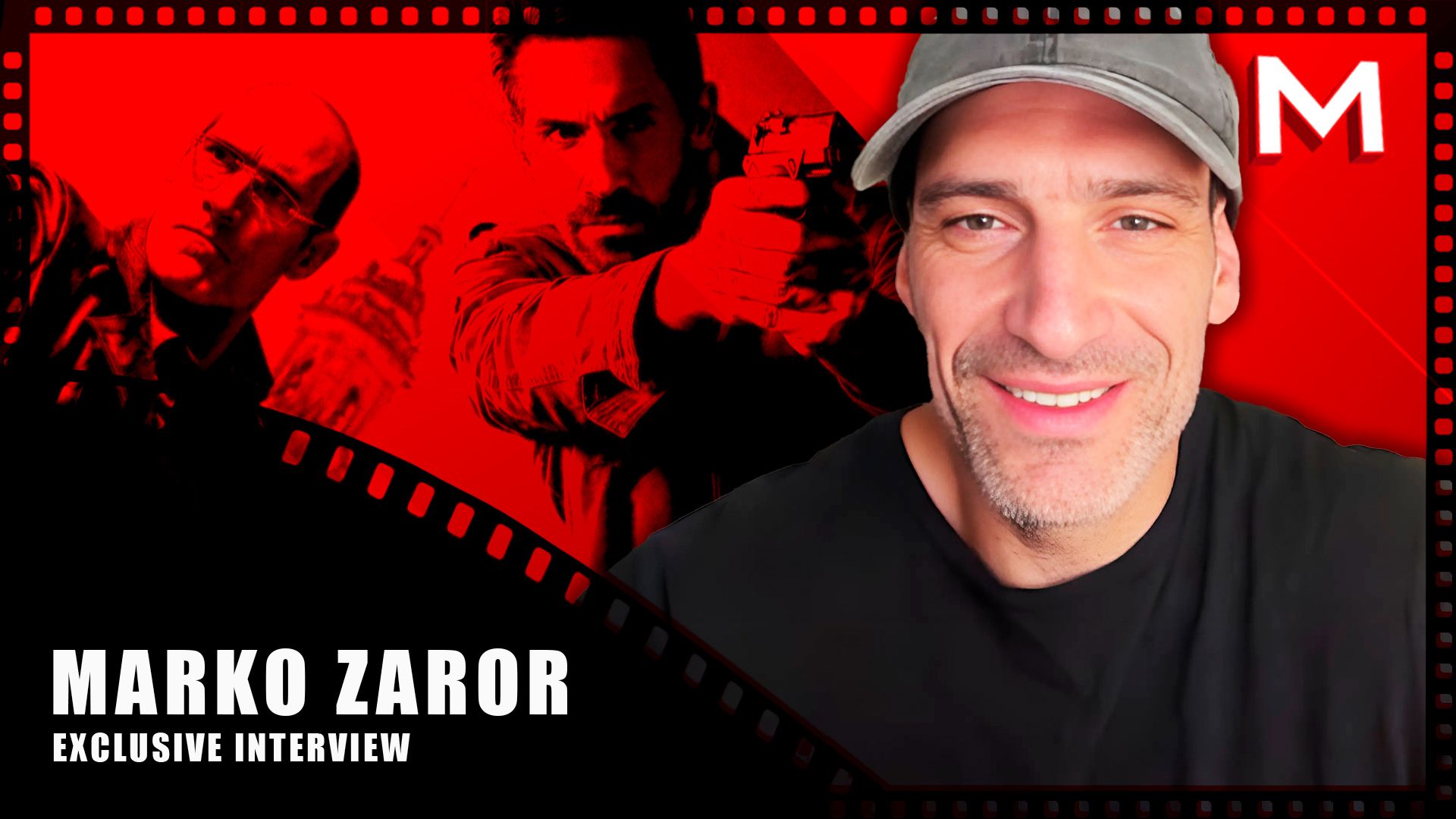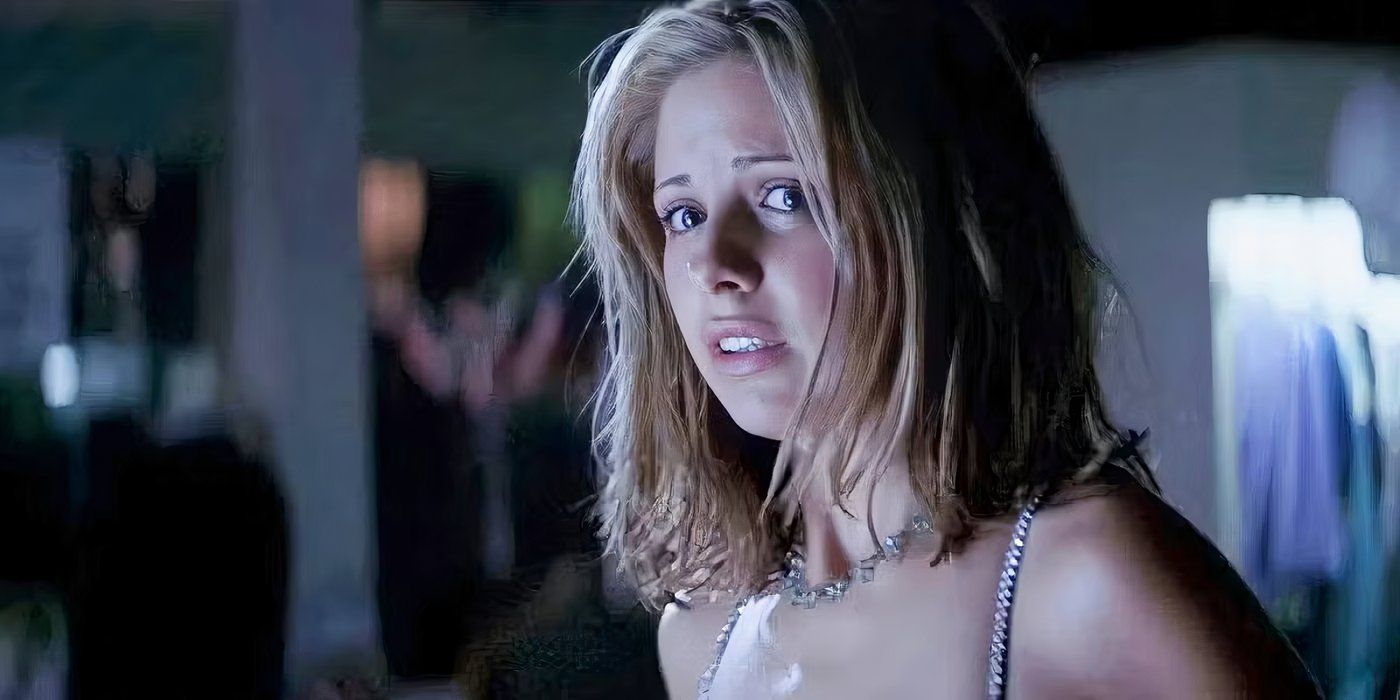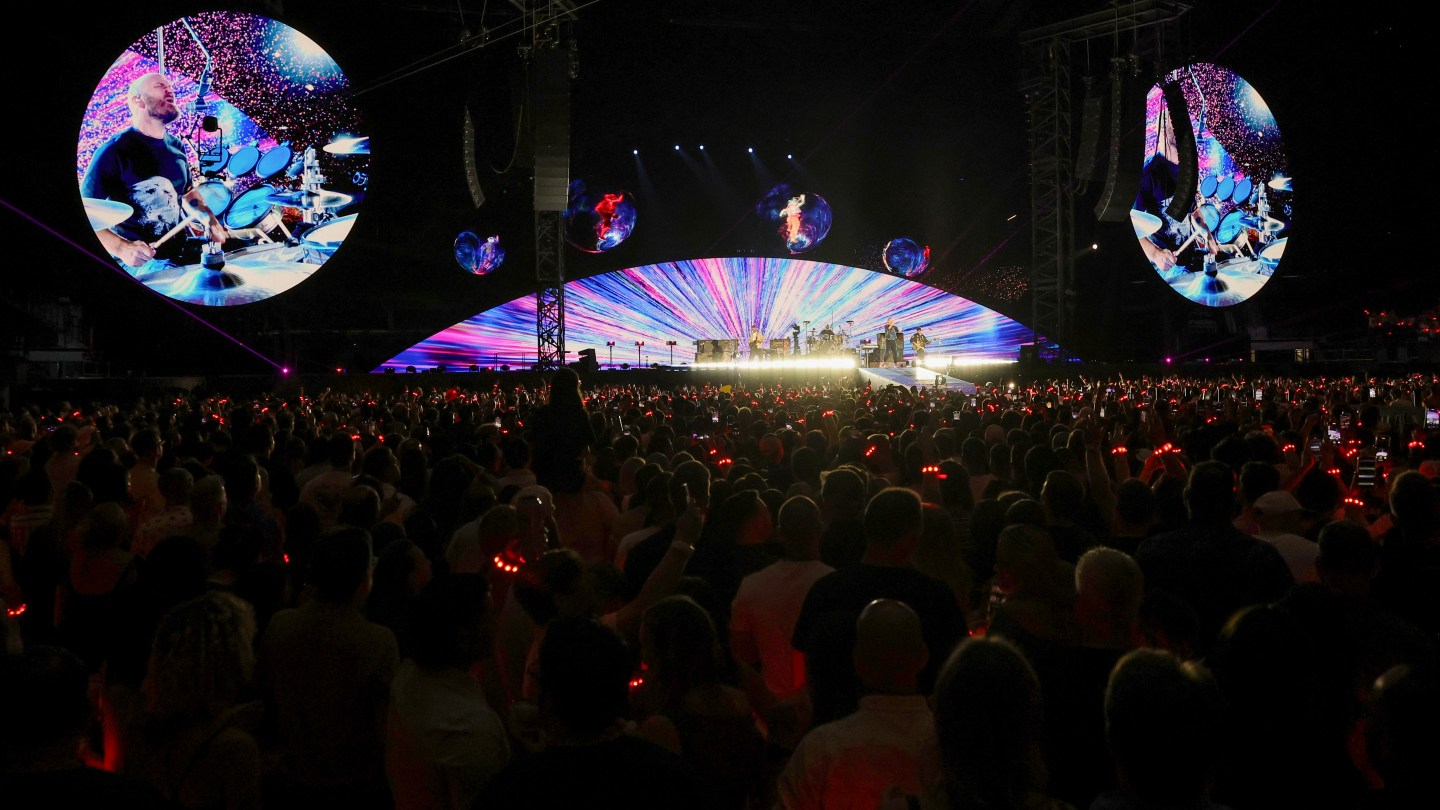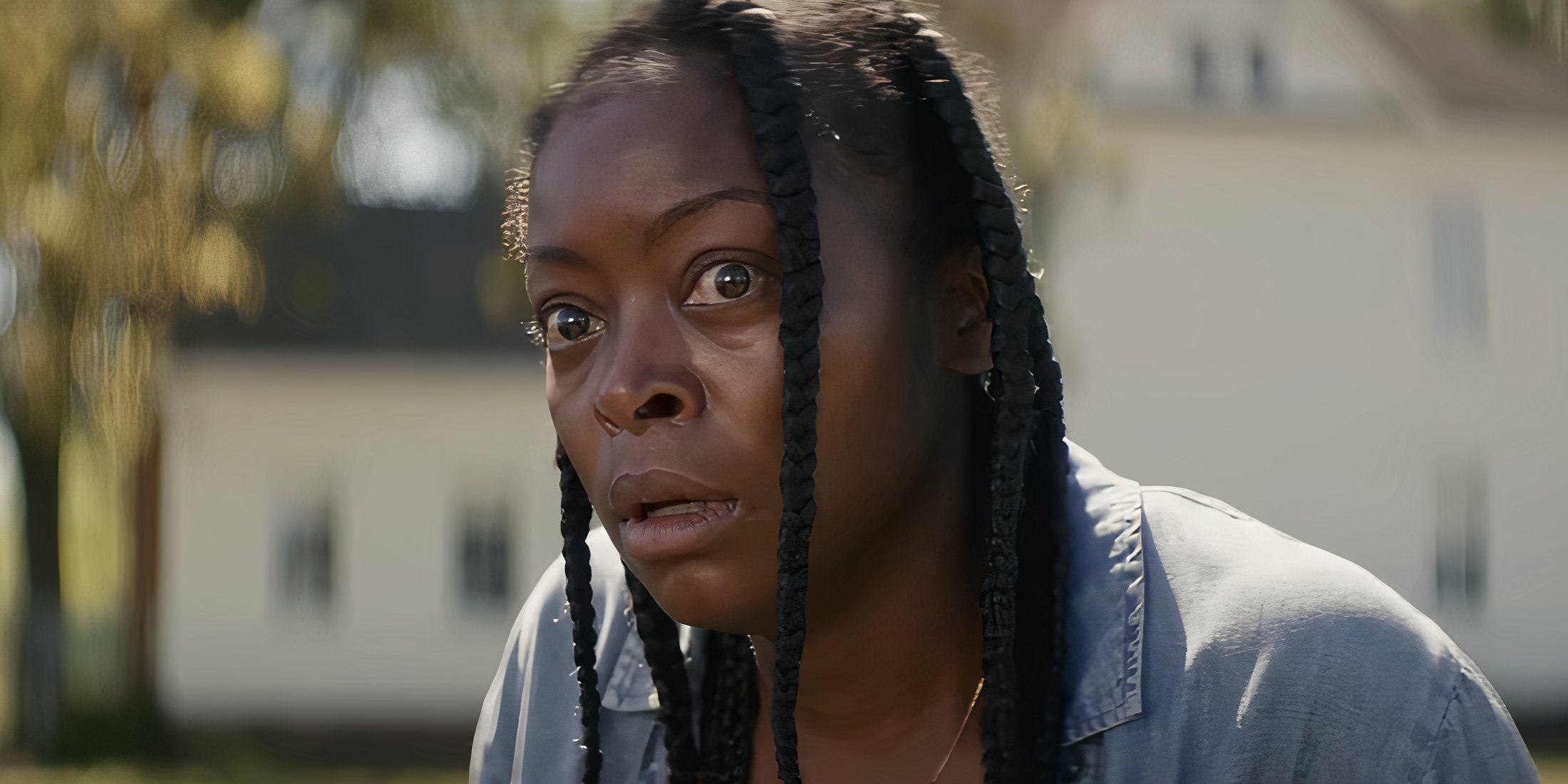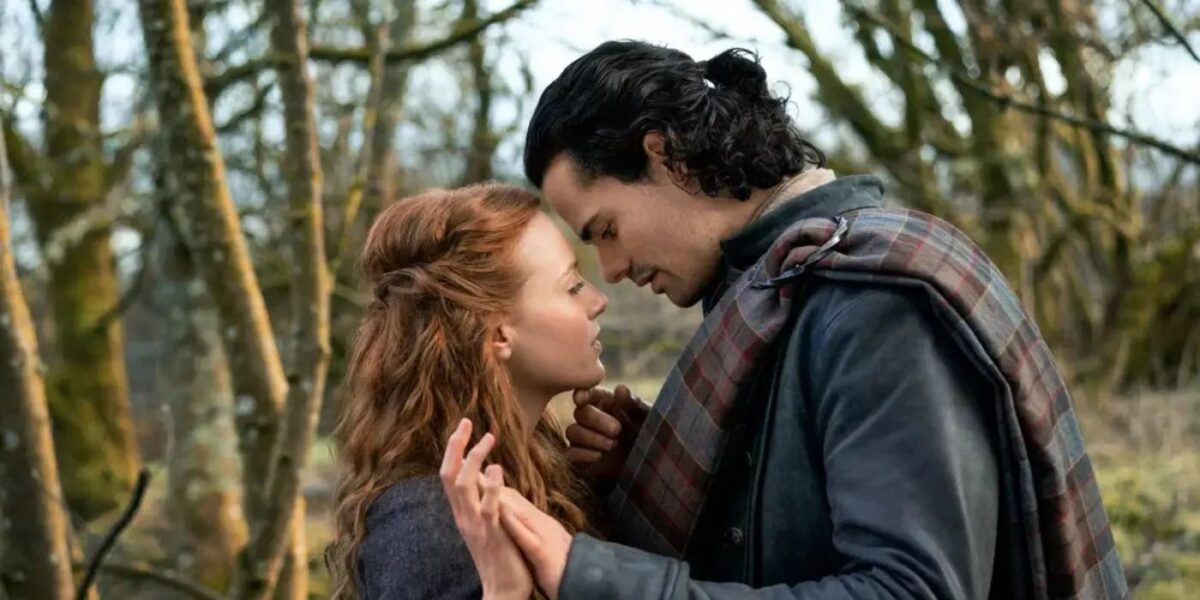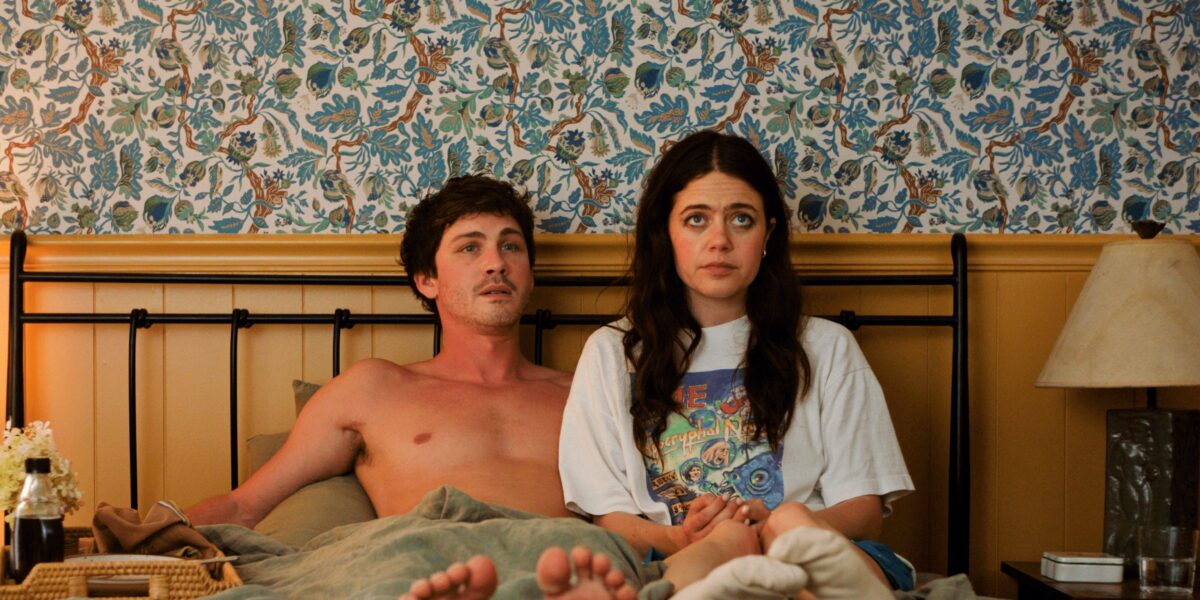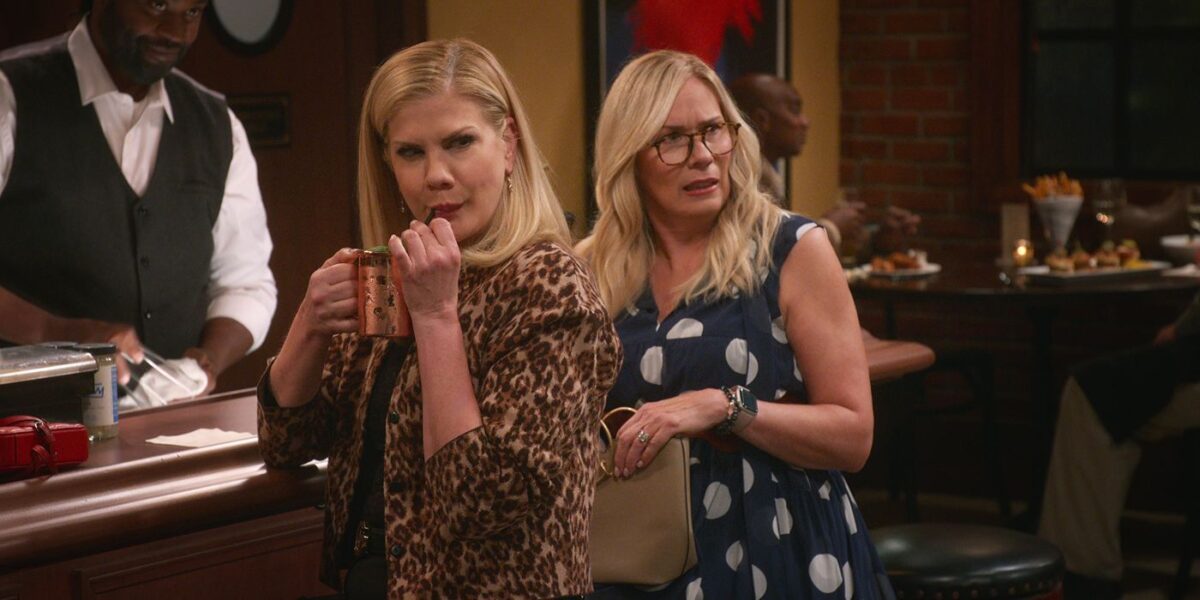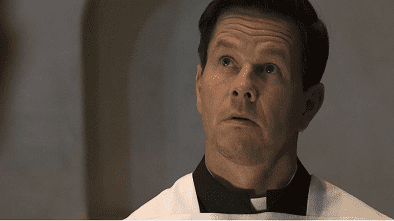
Mark Wahlberg Opens Up In This Father Stu Interview
Dec 30, 2022
Mark Wahlberg opens up about his passion project Father Stu speaking to Brent Simon. Enjoy this Father Stu Interview.
So-called faith-based movies have carved out their own lucrative sub-genre in no small measure by catering to an audience’s desire to see characters and stories which not only reflect but actively venerate their own offscreen life choices. This has led to the embrace of a lot of what might be charitably described as simplistic storytelling.
Mark Wahlberg’s recently released Father Stu, based on a true story, is the latest big screen offering to arrive with the “faith-based” tag. But, told with real-world language and a rascally charm that is well-blended with its sensitivity and earnestness, it’s a movie which shakes free from many of the preconceptions of that pat, hyphenated description.
First and foremost, it’s a sure-handed match of nicely crafted material with a movie star’s strengths — that is, a movie which leans into Wahlberg’s innate working-class appeal.
Written and directed by Rosalind Ross, the film tells the story of Stuart Long, an amateur boxer and blue-collar Montana knockabout whose family — including divorced parents Kathleen (Jacki Weaver) and Bill (Mel Gibson) — still lives, decades on, in a state of unhealthy contentiousness born of a shattering loss.
With seemingly no job prospects, Stuart impulsively moves to Hollywood, declaring his intention to become an actor. When the religiously devout Carmen (Teresa Ruiz) catches his eye, Stuart tracks her down at her church. This burgeoning relationship puts him on a different path, and after a dramatic motorcycle accident, Stuart even decides to become a priest, confounding his parents.
Eventually, after being diagnosed with an incurable, progressively degenerative muscle disease, Stuart must grapple with what he views as God’s plan for him, as well as its impact on those he loves.
Recently, I had the chance to connect with Wahlberg in Los Angeles, and chat about the unlikely roots of Father Stu, his vision for the film’s tone, trading in capital to get it made, and whether he plans to center his personal faith a bit more in his work moving forward. The Father Stu interview is excerpted below.
Question: The story for Father Stu first came your way in unusual fashion.
Mark Wahlberg: Well, I think the movie started out where it literally got pitched by a priest at a restaurant in Beverly Hills, so it starts out like a bad joke, right? “So, you go to an Italian restaurant with two priests…” (laughs) One is in his 90s, he’s an Irish-Catholic priest, and he just wants to eat and go, he’s been listening to confessions all day. The last thing he wants to do is to hear this other story that the other priest is trying to pitch me to bankroll this movie. He told me the story the first time and I wasn’t really listening but then he mentioned something to me that caught my attention, so I said, “Okay, start again from the top.” And from that meeting on I was committed to making the movie.
Question: This was a half-dozen years ago, though. It’s taken quite a path to getting made.
Mark Wahlberg: Because of the tone, since it was funny and outrageous and all of that, the first person I thought of was David O. Russell. So I went to David and I told him the idea and obviously we had worked together and we had had a falling out and then we were kind of talking again and he loved it, he really responded to it. So we started going out to various people to write the screenplay and we got one script that really wasn’t working. But, I don’t know, I just had this sense of urgency about getting this movie made, and the timeline that I wanted to do it. So I said, you know, I am going to go do my thing.
Question: Around that time you made the Daddy’s Home sequel with Mel Gibson. Did that get the ball rolling on Father Stu in its final incarnation?
Mark Wahlberg: I knew that Mel had made The Passion on his own, and I had already kind of picked his brain about that and I just went to go and pick his brain again. And I had read something that Rosalind (Gibson’s offscreen partner) had wrote for Mel to direct that I was going to act in, and I just thought it was such a wonderful screenplay. She is such a wonderful writer. She then said that she was interested in taking a crack at it and so I said, “Okay, go ahead.” Then I went to go off and make a movie, and I came back and she handed me the script and I was like, “This is the movie that I want to make.”
Question: Did you spend much time taking it out to studios?
Mark Wahlberg: I didn’t send it out to everybody in town. I sent it to a couple of people that I thought might be interested in making it. And of course, nobody thought it was funny, nobody thought it was uplifting and aspirational. They thought, “Oh my God, it’s so dark — the guy is really dark and then he dies, and this doesn’t work.” I said, “We all die. You didn’t get anything out of it? You didn’t think it was funny?” They were like no, it was really kind of bad — they said he was like a complicated, dark guy. They just didn’t get tonally what I wanted to try to do with the movie. So I just said you know what, the only way it’s going to work is if I just do it myself, which is the easiest path. Creatively if we have no interference we can kind of do whatever we want and then hopefully I will then deliver a movie most important to Bill Long, to the people of Helena, Montana, to the people who Stu touched — because there are many, many people that he touched along the way in his four short years as a priest. So that’s how it happened.
Question: You shot this in 30 days, a breakneck schedule, in May of 2021. While the theatrical experience has now returned for superhero and tentpole genre films, Father Stu is the type of movie that is already a tough sell for the theatrical experience for many studios. Did you always envision it as a movie that needed that shared theatrical viewing experience?
Mark Wahlberg: When it came to the release of the movie, yeah, I did show the movie to everybody, but I wanted it to be a theatrical experience. I knew that when we tested the movie. It was the first time that I had been in a theater with an audience since the pandemic started — and to see the reaction of the film with an audience, I knew then I didn’t want this movie to be on a streamer. I have nothing against streamers, I really understand that people like to go and consume their content when and where they want to these days, and I’m completely fine with that. But this particular movie I felt like it had to be [experienced communally]. So I was able to talk to Sony (who picked up the movie for distribution), and then of course I had done Uncharted with them and I didn’t have a sequel deal to Uncharted, and I didn’t say that I would do a new one but I maybe indicated that. (laughs) Certainly I have worked with (Tom) Rothman and Josh (Greenstein) and those guys for quite some time. So yeah, I might have promised if I had a fifth child that I would give it to them. (laughs) But my wife and I have no plans to have another child! But yeah, it’s one of those things where I would barter whatever I had to get the movie made and then released and supported (in theaters). And luckily they really just responded to the film, and that’s a very rare thing in this day and age, because like you said, people want big IP tentpole potential sequels, and that sort of thing. But they also realized after seeing the movie that it was not your typical faith-based movie, it’s really a biopic about a guy who just happens to go into the priesthood, which then kind of falls under that umbrella of a faith-based movie.
Question: This isn’t a sports movie per se, but you do transform your body, going from a boxer to someone who gains weight from this disease. How difficult was that on such a tight schedule?
Mark Wahlberg: Not fun, not fun at all. But it was just so important, I thought, to show Stu’s physical decline, because everything in his life was really predicated on his physicality. He was a fighter, he was a football player, he was always kind of beating back at the world that he felt had done him wrong. And so, to then see him as his physicality started to deteriorate but his spirituality started to soar I always thought that was important. And as we kind of get older we get weaker, we get less mobile, yet we have more knowledge and more understanding and experience of life. We say youth is wasted on the young and it’s one of those things where you always wish you could go back and do things differently — we all would, but unfortunately you don’t get to do that. So it was just a big part of the story for me. But I am definitely over the losing weight, gaining weight for parts — everybody’s competing, all actors are like, “I gained this much weight and I stayed in character for nine months!” (laughs) For me it was really just important for the role but not fun. I had gotten a bug before (shooting) and then I got COVID after that, so it was all just a nightmare.
Question: Stuart pivots several times in his life, and is shown to be very impulsive, but his mother doesn’t agree with his decision to become a priest. How much did that aspect of the story — a mother’s approval — resonate with you, given that your own mother passed away just prior to shooting?
Mark Wahlberg: Oh gosh, I am still trying to figure it out. My mom was amazing in that as long as we were doing something positive and productive, she was happy. Both her and my dad were always proud of my success in business, but most importantly, they were really proud of my growth as a person, and they just wanted their kids to do well and to be good siblings and parents. So that’s what made her most proud. And I think it’s amazing because I kind of searched long and hard to find what my calling was and I really felt like I found that in film. But I think now after getting to know Stu’s story and his journey and because of my faith, I also know that I am tasked and challenged to now utilize this platform that I have to continue to do God’s work. So, Stu has now basically tasked me to continue on with his message and to do my part. And I just think the movie does such a great job of inspiring everybody to figure out what their part is to bring people closer together. Not everybody is meant for discipleship, but everybody can contribute in some sort of way, and I think the movie challenges people to do more and to be better and that’s a wonderful thing. I have since now gotten involved with the Halo app, which is an amazing platform that has prayer and meditation and is really helpful for people. I’m also starting a faith-based component in film and television, and want to do lots of cool things to bring people closer to God and closer to their faith.
Question: Can you expand some on that vision? What does it entail?
Mark Wahlberg: I want to do long-form and short-form film, television, I want to find other great stories, other great storytellers, young filmmakers. It was so wonderful to have discovered Rosie, knowing her talent as a writer, but to give her an opportunity as a first-time director. I knew she had aspirations to direct, and there is nothing better than discovering new talent and great voices. And so now that we have put (the film) out there, lots of great stuff is already coming to us, which is nice. I have always felt like my best projects are yet to come, and I have always joked that I hope that God is a movie fan, because I have made some films that are a bit questionable. (laughs) But would I change (completely the way I work)? I would like to say no because I don’t ever want to compromise my artistic integrity because of my faith. But because I am a parent and a husband, those things definitely come into play anyway. So I don’t necessarily gravitate towards things that have a lot of sexuality these days, although I just did a movie with Kevin Hart where the first time you see me I’m stark naked on the dock in the middle of the day with 50 other naked people behind me getting ready to go to my birthday party. (laughs) My wife and family are seeing the movie today, so I am going to have to do some explaining, I didn’t tell her that part yet. (laughs) But hopefully she will think it’s funny because the movie is very funny. Other than that, I don’t know, I am making another movie now and it’s great, but when you make movies that really touch people (in a personal way), it’s just very gratifying. I think making a small film like Joe Bell or Father Stu — they are just much more rewarding, because if they can touch somebody or point somebody in the right direction, help somebody that is going through difficult times, that is a beautiful thing.
Father Stu interview by Brent Simon.
Publisher: Source link
Starz’s Steamy, Emotional Prequel Series Changes Everything You Knew About Jamie and Claire’s Love Story
With the end of Starz's epic adaptation of Outlander looming, the initial expectation might not have been that there was more story to tell — but fittingly, showrunner Matthew B. Roberts has gone back to the past as a way…
Aug 3, 2025
Seth Rogen’s Rom-Com-ish Apple TV+ Show Continues To Be A Good Hang
The second Apple TV+ series released this year that features Seth Rogen, “Platonic” season two definitely isn’t going to get the amount of insidery raves and Emmy nominations that “The Studio” received. Yet, after a first season that began a…
Aug 3, 2025
Sophie Brooks’ Attention-Grabbing Premise Beats The Discourse, Even With Shaky Execution
This age of modern dating, and its myriad uncomfortable situations and odd terms, has already spawned a number of movies aimed at capturing the difficulties of finding love today. Whether it's covering the strangeness of social media or the concept…
Aug 2, 2025
Leanne Morgan and Chuck Lorre’s Charming, Relatable Netflix Sitcom Will Have You Laughing Out Loud
With humble beginnings in booking comedy gigs and putting out comedy specials on YouTube, Leanne Morgan steadily climbed her way onto Netflix, where she released her stand-up special Leanne Morgan: I'm Every Woman in 2023. This year, she tried her…
Aug 2, 2025
